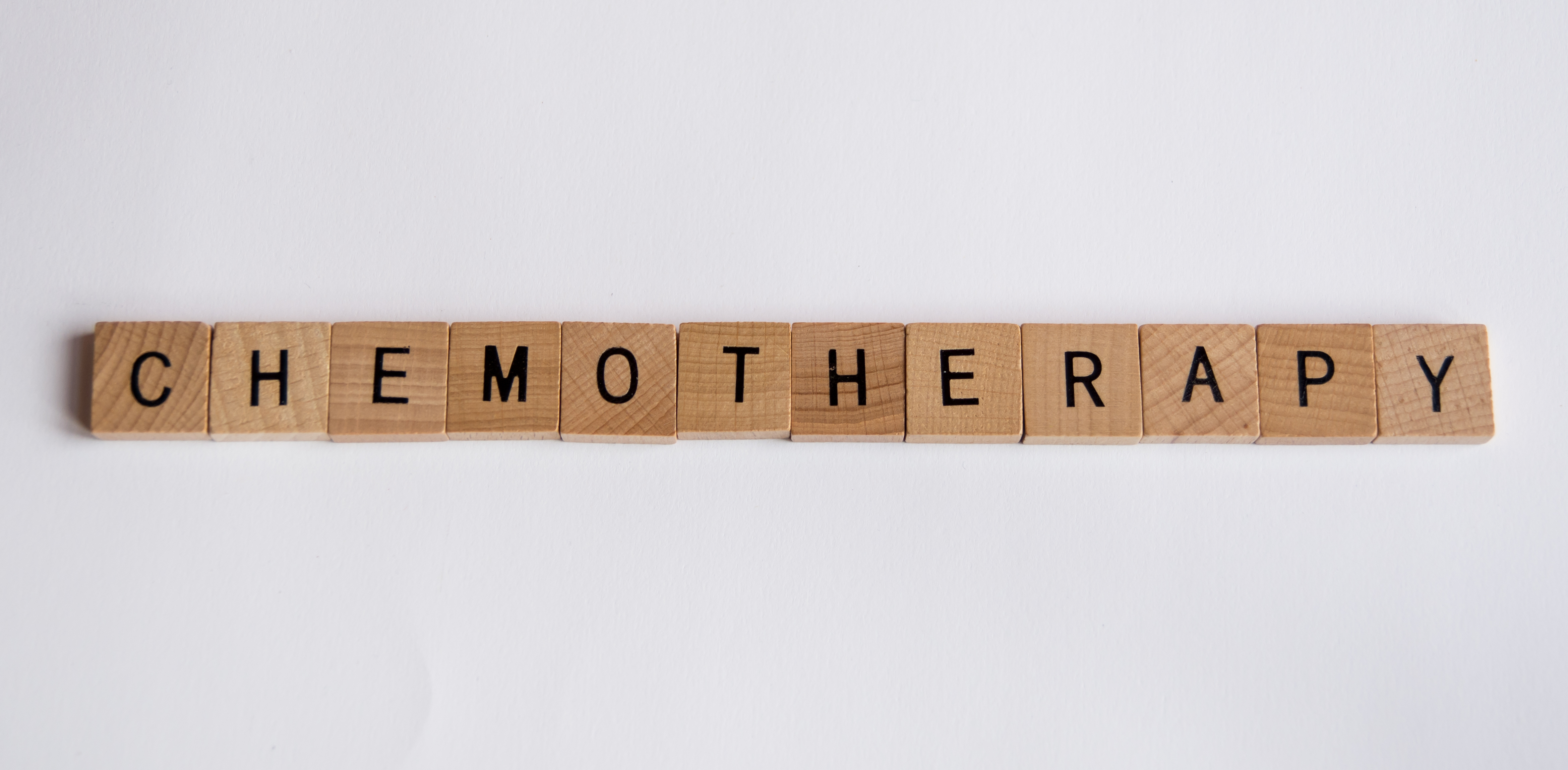If you’re facing cancer treatment following a diagnosis, one of the things that your doctor may first talk to you about is chemotherapy. Chemotherapy has been one of the primary treatments for cancer since a study was first done in the mid-1940s in the United States. In that study, which took place during World War II, scientists noticed that soldiers who had been exposed to mustard gas had a side effect of reduced white blood cells. In the body, white blood cells are what help fight off infections, so a lack of white blood cells can be a serious immune problem.
Some cancers, such as leukemia, are characterized by the body producing a large number of white blood cells much more rapidly than normal. While this sounds like it might be beneficial for helping to fight off infection, the white blood cells are abnormal, which means that even though there are a lot of them, they are not capable of fighting off infection. Scientists investigated whether mustard-based treatments could reduce this production of cancerous white blood cells, and that was the beginning of chemotherapy.
Drug treatment for cancer
Chemotherapy is defined as using any type of drug to treat cancer. The chemicals in the drug are given to target the growth of cancer cells. Surgery can be a targeted way of removing cancer cells that are found in one particular part of the body. But surgery might not work if the cancer has spread or if it is found in multiple places. In cases such as that, drugs are used because they can deliver results throughout the entire body. While the drugs do target cancer cells, the drugs can also inadvertently target normal body functions.
Chemotherapy as a cancer treatment does work, but it can lead to unpleasant side effects. Chemotherapy works by targeting cells that grow and reproduce quickly, which is what cancer cells do. This can also sometimes affect normal body cells that also grow quickly, such as those of our skin and our hair.
Chemotherapy side effects
One common side effect of chemotherapy is a feeling of being more tired than normal. During chemo treatment, it is recommended that the patient not drive themselves home after treatment because of this extra tired feeling. Many people also need help with childcare if they have kids in the home, and with basic home tasks such as cooking and cleaning.
Because chemo can target cells such as skin and hair, it is common for hair to fall out. Skin may easily bruise. It can be hard for patients undergoing cancer treatment to focus their thinking . . . they can feel confused or “foggy” a lot of the time. Skin can become dry and patients can experience muscle tingling and pain. The body’s responses to chemotherapy can be complex and take many different forms.
Fucoidan for cancer treatment
Doctors are always looking for cancer treatments that are not as hard on the body as chemotherapy treatments are. Fucoidan has a lot of potential as a cancer treatment and people are examining it more closely. Fucoidan is a plant-based carbohydrate that was isolated from a few different types of brown seaweed. It has shown anti-cancer properties, and many people believe this is a new natural cancer remedy that may mean people will not have to undergo the harmful side effects of chemotherapy.
Fucoidan has promise for boosting the immune system. When your body undergoes something that stresses its immune system, such as receiving a vaccination, fucoidan could boost your body’s immune defenses. Animals have responded to fucoidan with reduced inflammation, which could be a way to prevent some cancers and other diseases before they start. Animals have also responded to show that fucoidan can reduce the growth of tumors.
Fucoidan and general health
Studies show that fucoidan has promise in reducing blood pressure as well as cholesterol levels of the unhealthy kind. When used to thin blood, fucoidan holds promise to reduce the clotting of blood, which can make it useful for people who take medication with blood-thinning properties.
One of the chemo side effects is that of leaving the body vulnerable to infections. In lab tests, fucoidan seems to have antiviral properties, which means it can help prevent infections in people whose body is especially vulnerable.
